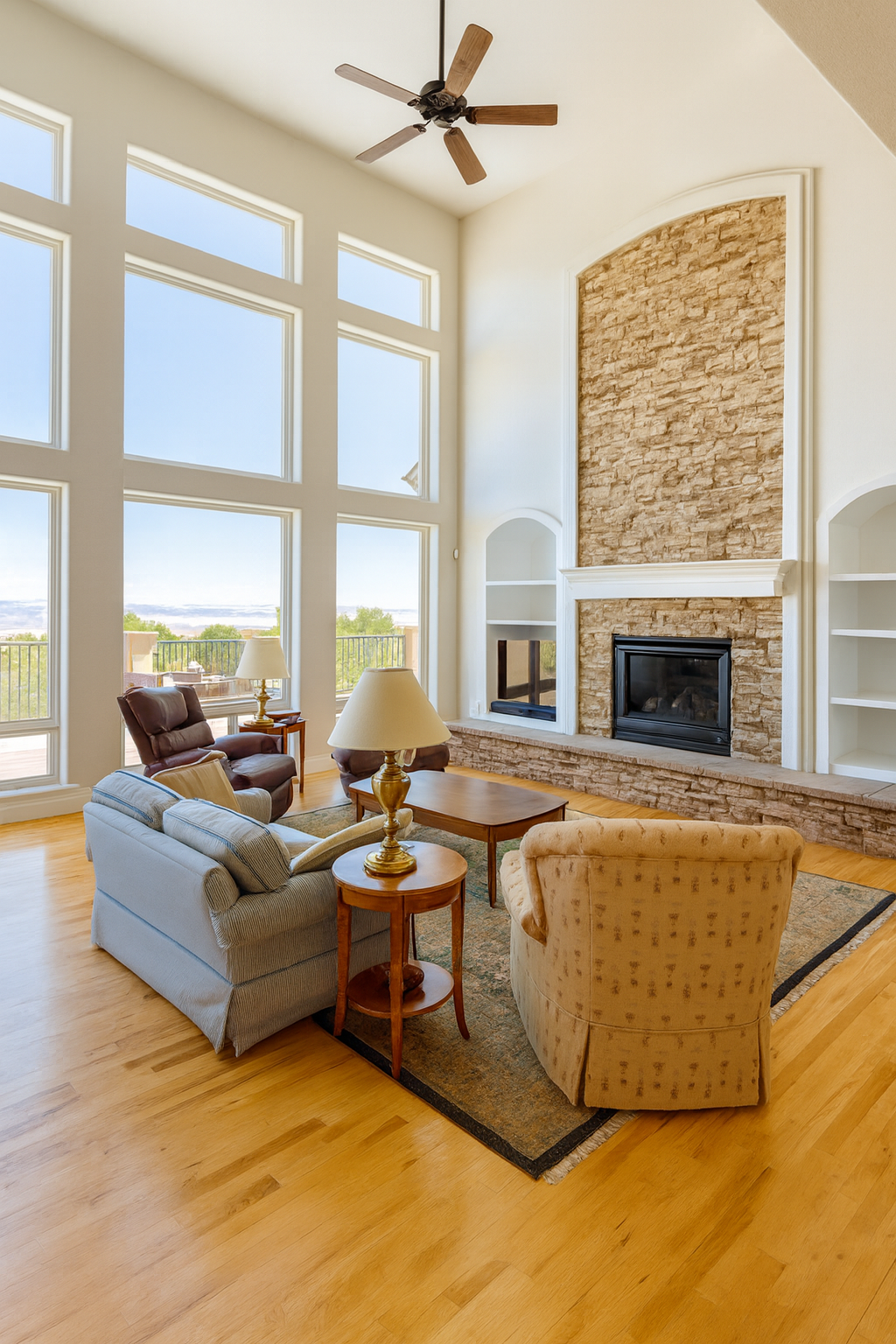
Sustainable Building Practices: Transform Your Home with Eco-Friendly Materials Oct 21, 2025
Sustainable building practices focus on reducing the environmental impact of construction by using materials and methods that improve energy efficiency and reduce waste. The choice of materials plays a crucial role in these practices. By opting for eco-friendly options, you can minimize your carbon footprint and create a more sustainable living space.
One of the most significant trends in sustainable building is the use of recycled materials. Incorporating products made from recycled content, such as reclaimed wood and recycled metal, helps conserve natural resources and lessen the demand for new materials. Reclaimed wood, for example, not only brings unique character to your interior design but also prevents perfectly usable material from ending up in landfills.
Another option is bamboo, a rapidly renewable resource that has gained popularity for its versatility and durability. Bamboo grows quickly without needing pesticides or fertilizers, making it an ideal choice for flooring, cabinetry, and even wall coverings. Its strength and stylish look make it a fantastic sustainable alternative to traditional hardwoods.
Energy efficiency is another critical component of sustainable building practices. By selecting materials that offer excellent insulation properties, such as straw bales, cellulose, or recycled denim, homeowners can reduce their reliance on heating and cooling systems, thus saving energy and money in the long run. These insulation options are not only eco-friendly but also offer impressive thermal and acoustic benefits.
The benefits of sustainable building materials extend beyond environmental impact. These materials often result in healthier indoor air quality, as they tend to emit fewer volatile organic compounds (VOCs). Low-VOC paints, adhesives, and sealants contribute to cleaner air and a safer home environment, which is especially important for families with young children or individuals with respiratory issues.
Water conservation is another area where sustainable building practices can make a difference. Installing low-flow plumbing fixtures and efficient irrigation systems can significantly reduce water usage. Additionally, rainwater harvesting systems can be incorporated into remodels to collect and reuse rainwater, further minimizing the demand on local water supplies.
At All Season Improvements LLC, we encourage our clients to consider green building certification when undertaking remodeling projects. Programs like LEED (Leadership in Energy and Environmental Design) and ENERGY STAR rating systems offer guidelines and incentives for creating more sustainable homes. These certifications not only enhance property value but also demonstrate a commitment to environmental stewardship.
In conclusion, embracing sustainable building practices by choosing eco-friendly materials provides a range of benefits, from reducing your home's environmental impact to enhancing its value and ensuring a healthier living space. By working with All Season Improvements LLC, you can transform your home into a model of sustainability. With innovative solutions and a commitment to quality craftsmanship, we help you build not just for today, but for a greener tomorrow. Whether you are planning a small renovation or a large-scale construction project, making eco-friendly choices will lead to a more sustainable and enjoyable home for years to come.
/filters:no_upscale()/media/e2f3f6e6-2f82-455e-9082-23d2f360e224.webp)
/filters:no_upscale()/filters:format(webp)/media/d31da719-570f-4185-b9e3-ef1ad444dc9c.png)